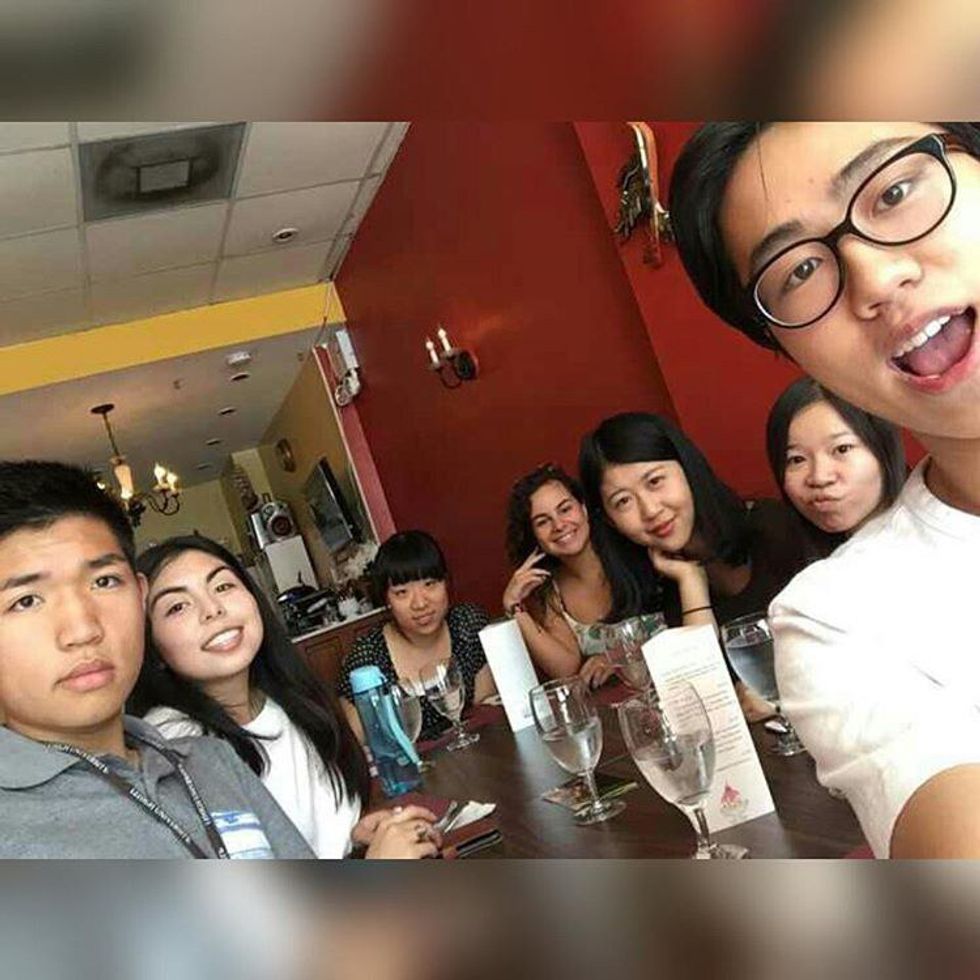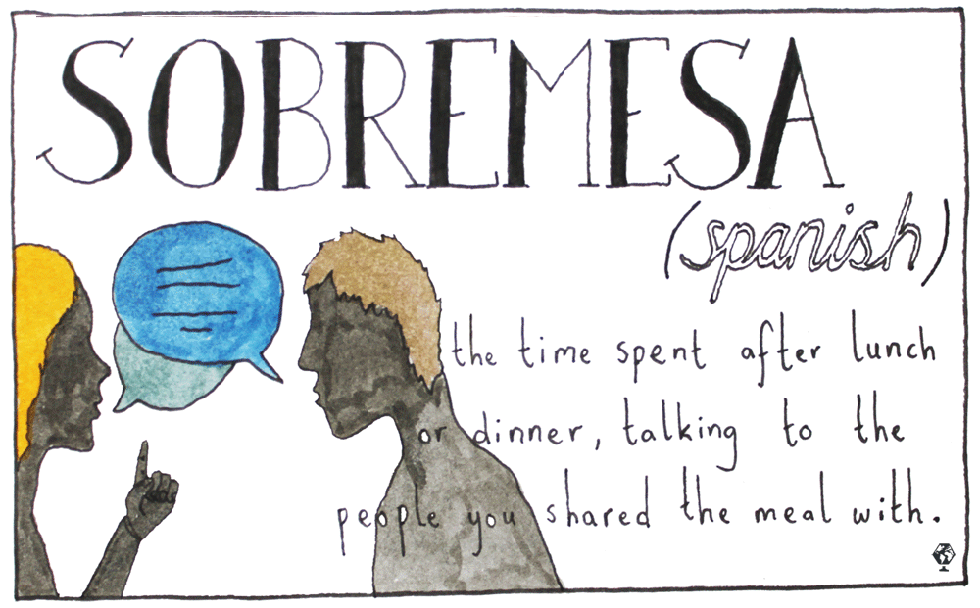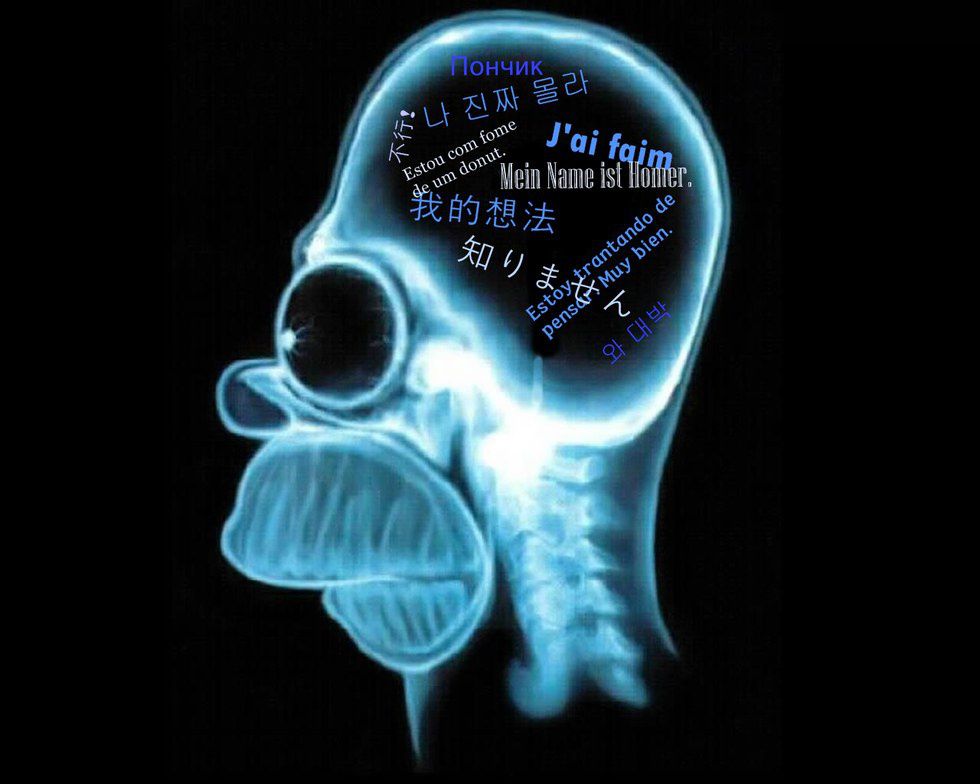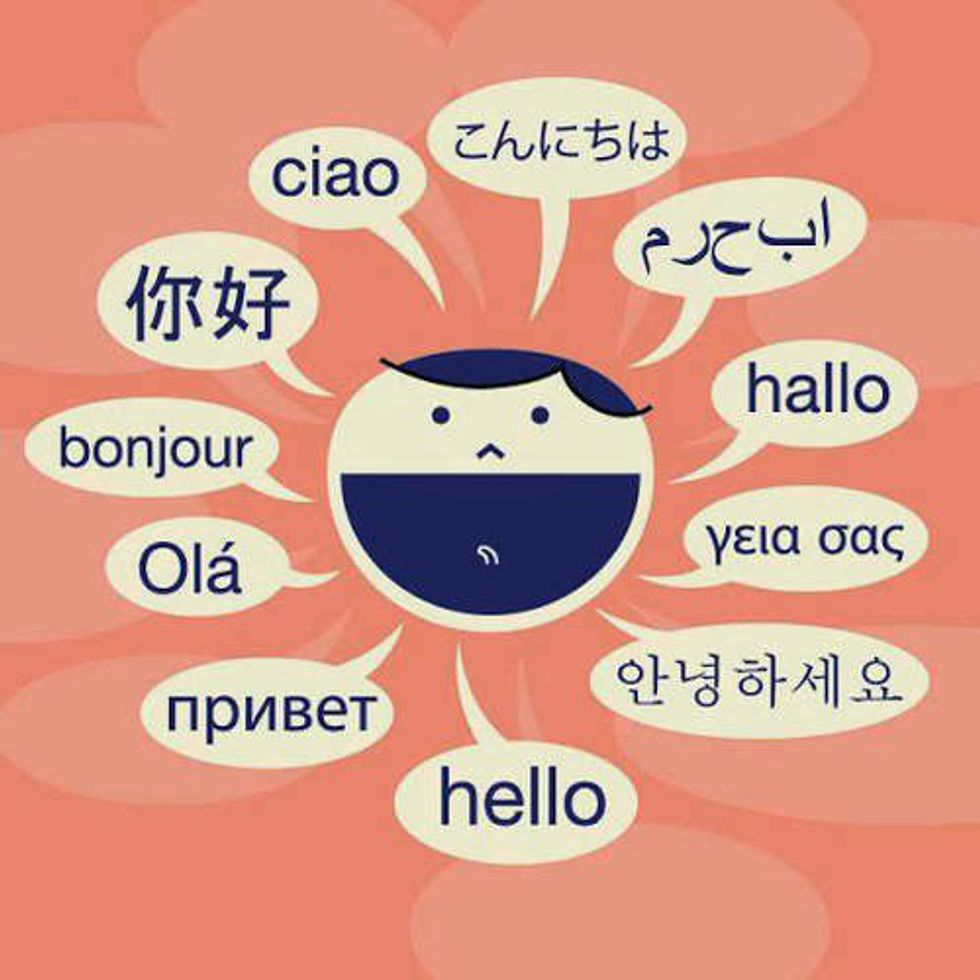One of my favorite things about college is the different array of backgrounds that my classmates have. The diversity comes from international, multicultural, and all kinds of students. This type of environment is great for my educational career since I am pursuing international relations and Chinese majors. I have different paces for both of my majors, but there are just so many rocks in the Chinese path. I am not new to language learning, though. When I was 10 and moved from Mexico to the United States, I knew no English at all. I later started learning Korean, but stopped when I started my Chinese classes because I wanted to concentrate on one language at a time.
1. Having an accent on top of an accent.

I learned English when I was 10, but even though eight years have passed, I still have an accent. It is more noticeable in specific words or when I have to pronounce something with the letter “Z” because it doesn’t have the same sound as in Spanish. Anyway, when I try speaking Chinese I think I sound really harsh because of my Mexican accent. I used to really hate my accent, but I am OK with it now.
2. Learning a new word and translating it into the other languages you speak.
3. Comparing words with their translations in other languages.

An example is "amour" in French and "amor" in Spanish. Both of these words mean love. This works better for me with languages like French, Italian, or Portuguese. When my roommate was starting to learn French, she would tell me small phrases, and I understood perfectly then answered her in Spanish. The similarity between the two languages helps!
4. Depending on native speakers.

The bright side of learning Chinese at my university is that there are a lot of native speakers that are super friendly and always offering to help me. Do I take their offers, though? Sometimes because honestly, I am terrible, and I just don’t want to depress others with my lack of pronunciation skills.
5. Words that don't translate between languages.

Since language is associated with culture, it is impossible to directly translate phrases, like when something is “at the foot of the letter.” See? “Al pie de la letra” is a saying in Spanish meaning exactly or precisely, but literally it means “at the foot of the letter.” Translating doesn’t always work so easily.
6. Having the little voice in your mind speak in different languages, too.

I think in English and Spanish depending on what I’m thinking about or where I am. I have dreams in different languages, too, which is pretty weird.























